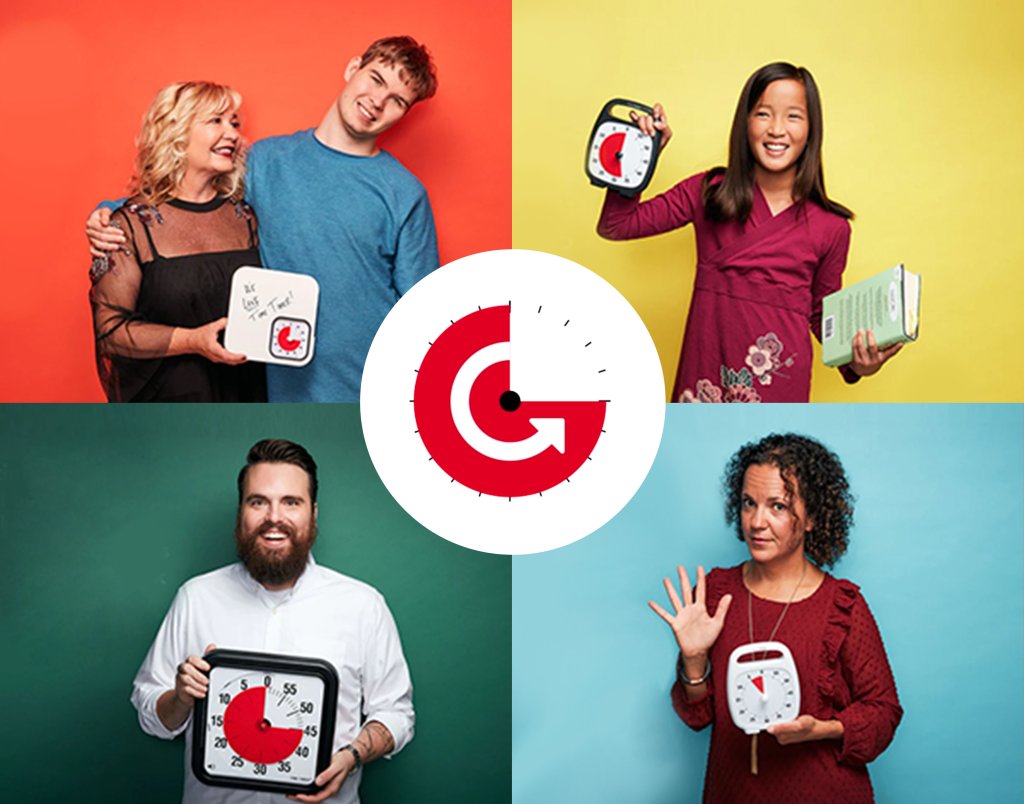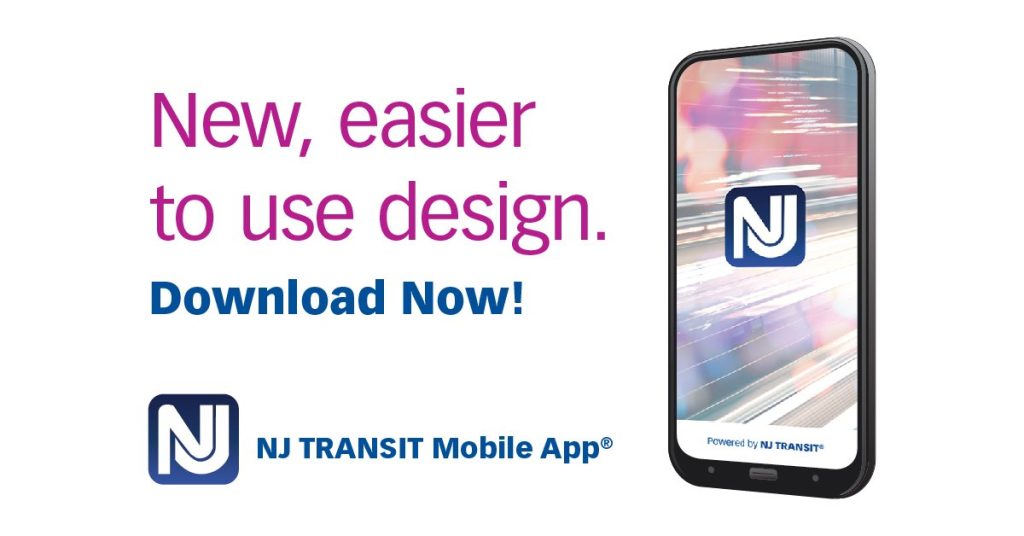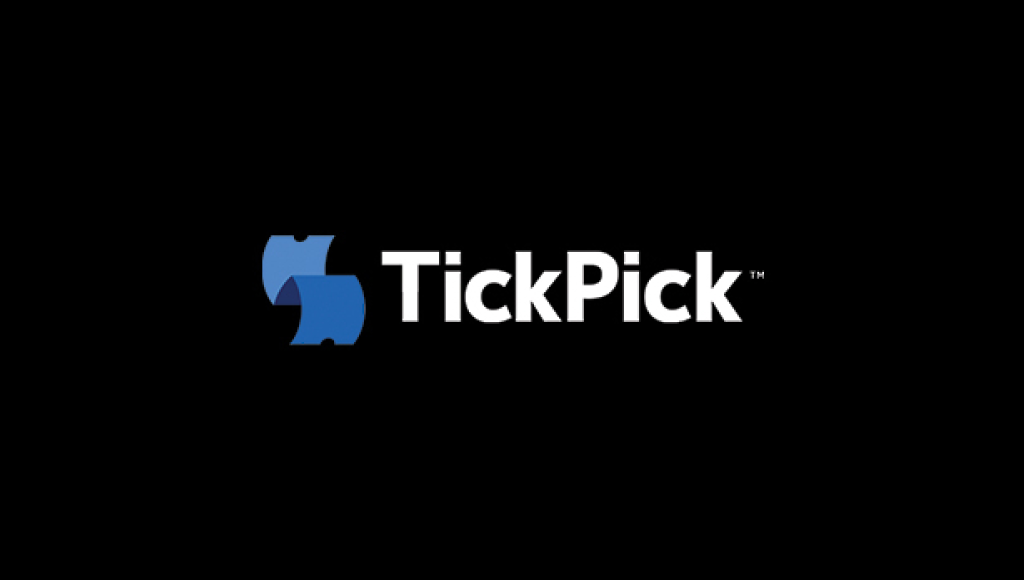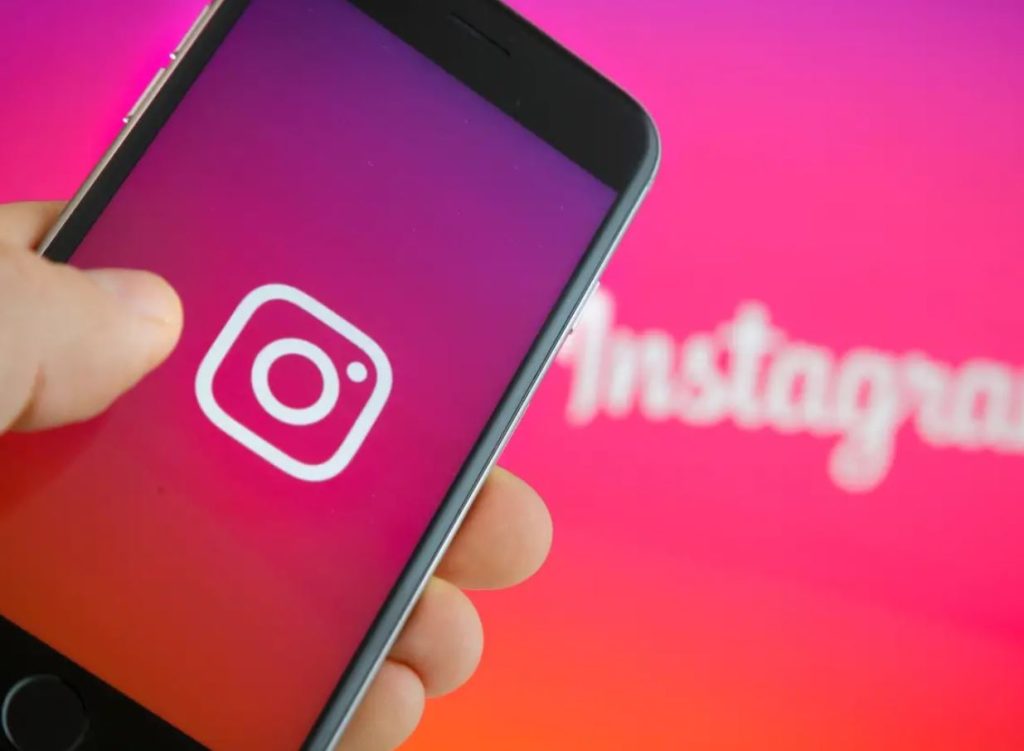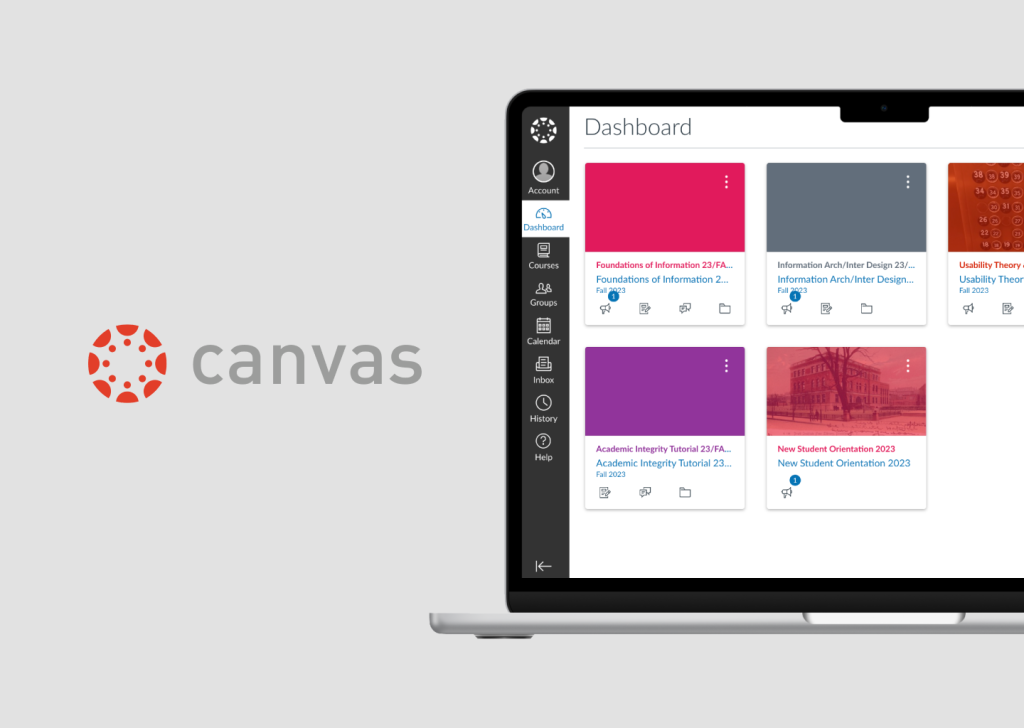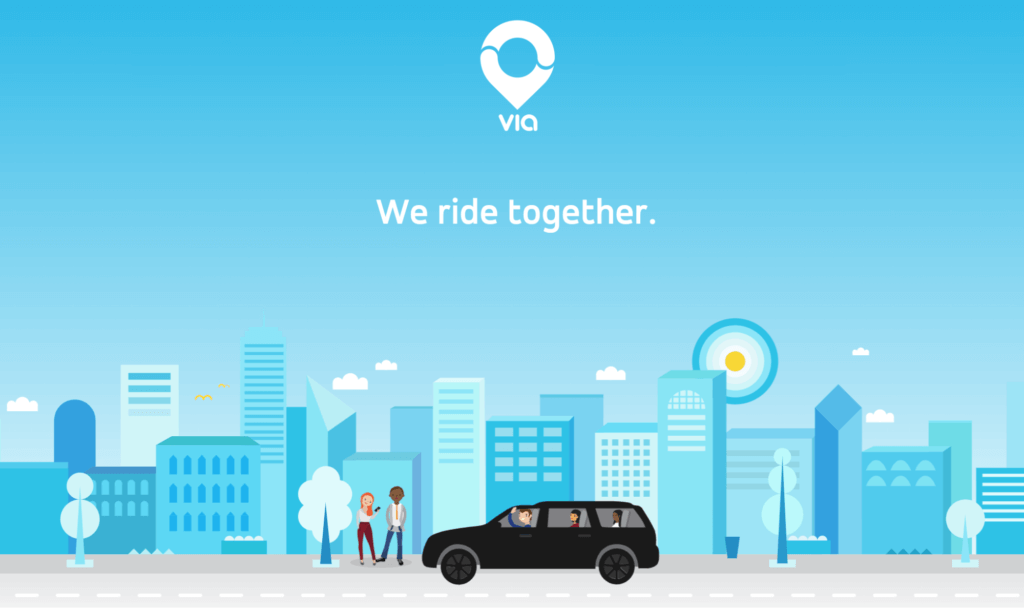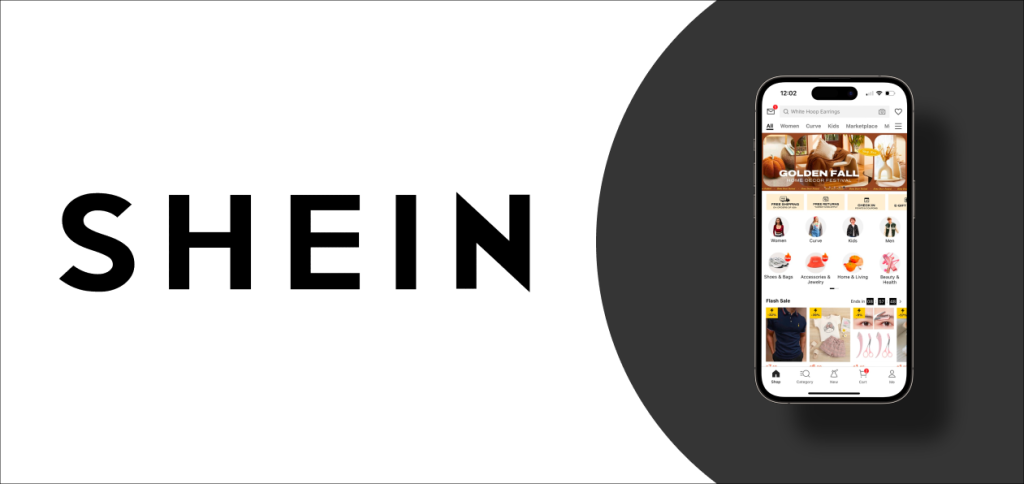Assistive Technology: Time Timer
The Time Timer is a tool that simplifies the understanding of a concept as complex as the passage of time. It functions like a standard timer: the user sets the desired amount of time, and the clock starts running. However, unlike conventional clocks or timers, the Time Timer provides visual aid about how much time remains, primarily using color.
Assistive Technology: Time Timer Read More »
